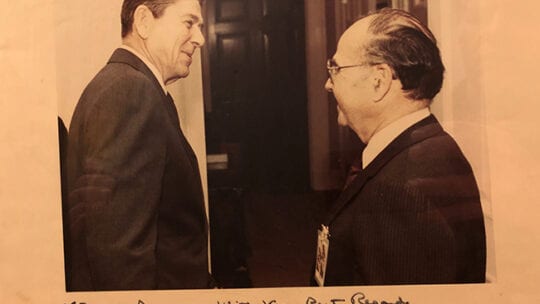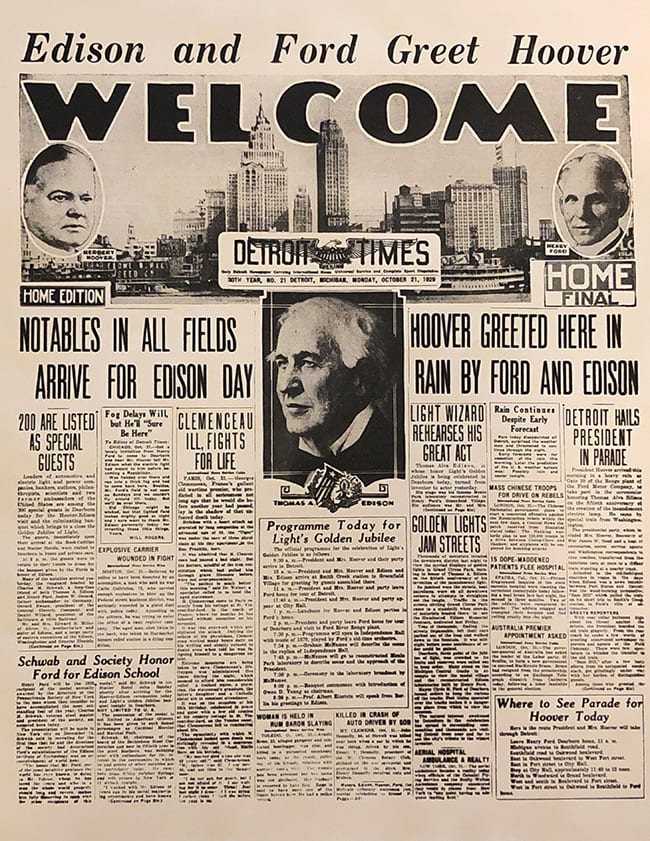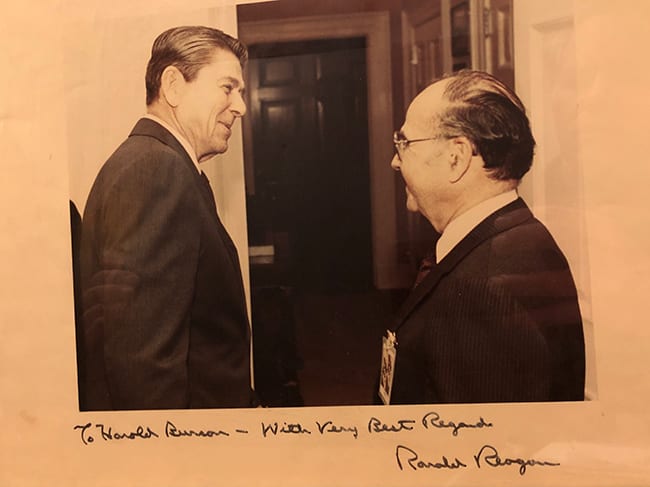

Millions will enter polling stations and vote for the next president. While many of us have watched this election closely, few have considered PR’s role. Whether used positively or negatively, all candidates deploy PR in some form.
This is nothing new. PR and politics have naturally and inherently bonded throughout recorded history. Owing to the negative connotations that can come from the connection between PR and politics, many communicators may find it difficult to reconcile this.
The Long, long History of PR and Politics
The Ancient Greeks and Romans emphasized rhetorical prowess. Prominent historical figures such as Elizabeth I, Georgiana Cavendish and Alexander Hamilton mastered image management. Today’s politicians use social media.
PR didn’t become a formal occupation until 1900, when three former newspapermen, George V. S. Michaelis, Thomas Marvin and Herbert Small, founded the Publicity Bureau, in Boston. But those who practiced the craft have played their part in US politics from the beginning.
Speech Writers
Amos Kendall, a former newspaper editor, became a close advisor to Andrew Jackson, the seventh president of the United States (1829-1837). He wrote some of Jackson’s most important speeches, proclamations, editorials, state papers and press releases. These included the five annual messages to Congress. He also conducted opinion polls and developed an administration’s newspaper.
George F. Parker, another journalist, handled publicity for the National Democratic Committee in 1904 after serving as an advisor to President Grover Cleveland (1885-1889, 1893-1897). He was hired to direct Cleveland’s publicity, manage his public image and craft his message.
Did you ever wonder about the history of sending embargoed speeches to the media? Parker was one of the first to do this with presidential speeches. In addition to garnering increased media attention, he believed the practice could increase approval ratings. For a short period, Parker also partnered with Ivy Lee in a short-lived PR agency in NYC.

First White House Press Secretary
In 1929, George Akerson became the first official White House press secretary, under President Herbert Hoover (1929-1933). However, the responsibility of presidential secretaries meeting daily with reporters goes as far back as 1898, during William McKinley’s presidency. Since Hoover, each successive presidential administration has maintained the presidential press secretary position while modifying it to fit particular needs.
Most of us have come to correlate the position of press secretary with that of the live White House press briefings. However, these briefings have had many iterations over the years. They became live events only recently.
The recording of press briefings was not allowed until the 1950s, during the Eisenhower administration (1953-1961). These recordings were edited for what was considered the most newsworthy portions before they were released to the public.
John F. Kennedy (1961-1963) became the first president to hold a live televised news conference. The custom of regular, live televised briefings did not begin until President Bill Clinton took office, in 1993.
Birth of Political Management
Leone Baxter and her husband Clement Whitaker were pioneers of modern political management; they ran the first highly successful political consulting firm. That firm, founded in 1933, continues to set the standard for today.
Baxter was born in 1906 in Kelso, Washington. She began her career writing newspaper copy for the Portland Oregonian before moving to Redding, California, and securing a job promoting a water carnival for the city’s Chamber of Commerce. Widowed at age 26, Baxter met Clement Whitaker in 1933 and they started the first political PR and consulting firm, Campaigns, Inc.
In 1934, Republican George J. Hatfield hired Whitaker and Baxter to run his campaign for lieutenant governor of California. Using oppositional research, shrewd strategy and exploitation of mass media and public fears, Whitaker and Baxter were able to defeat Hatfield’s opponent, Upton Sinclair.
Whitaker and Baxter regretted their campaign tactics. “It was one we hated to handle. Sinclair was an old friend of the Whitaker family. But we had one objective: to keep him from becoming governor.”
Shirley Temple and Richard Nixon
Campaigns, Inc. provided PR, advertising and consulting work on several campaigns, including Richard Nixon for President and Shirley Temple Black for Congress.
A falling out with a client, Governor Goodwin Knight, in 1958, led to the firm’s fading from the political scene. It was sold to Whitakers’ son, Clem Whitaker, Jr., and Whitaker and Baxter formed a smaller PR consulting firm, Whitaker and Baxter International.
After Whitaker passed, Baxter continued to run Whitaker and Baxter International out of their penthouse apartment at San Francisco’s Fairmont Hotel until her death on March 13, 2001, at 95.
Future of Political PR
The list of PR pros who have consulted for political campaigns or advised presidents is a who’s who of PR pioneers, including Joseph Baker, Inez Kaiser, Ivy Lee and Harold Burson, who had a close relationship with several presidents, including Ronald Reagan.

But if the current political season has taught us anything, it’s that politicians don’t always listen to their PR counsel and do so at their peril. The absence of transparency and the levels of misinformation, half-truths and lack of real connection with the general public attest to it. The need for ethical communication is needed now more than at any other time in history.
No matter the outcome of the election, the PR professional’s ability to form and shape a consistent message will remain essential to a successful political campaign or politician. It will also be interesting to see the role that PR will have in the next administration.
I for one, will be watching.
Contact [email protected]
